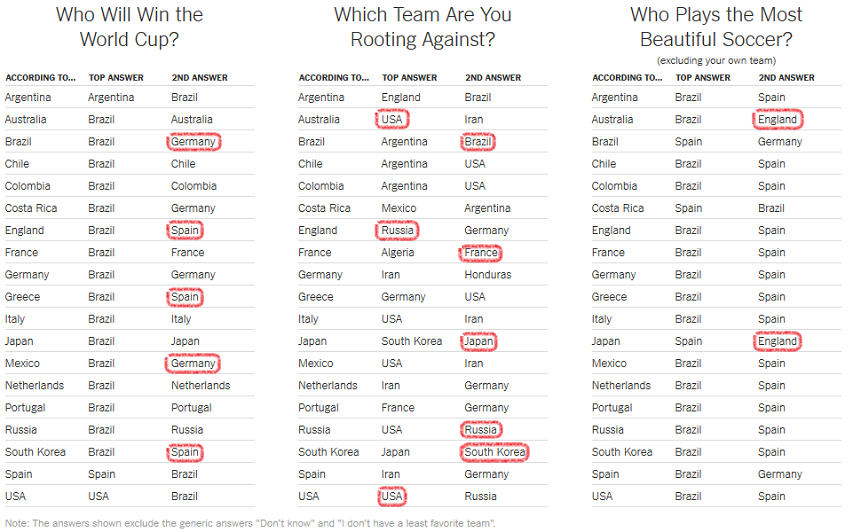In Time, Cathy Young discusses Hope Solo’s alleged domestic violence this week:
The arrest of an Olympic gold medalist on charges of domestic violence would normally be an occasion for a soul-searching conversation about machismo in sports, toxic masculinity and violence against women. But not when the alleged offender is a woman: 32-year-old Hope Solo, goalkeeper of the U.S. women’s soccer team, who is facing charges of assaulting her sister and 17-year-old nephew in a drunken, violent outburst. While the outcome of the case is far from clear, this is an occasion for conversation about a rarely acknowledged fact: family violence is not necessarily a gender issue, and women — like singer Beyoncé Knowles’ sister Solange, who attacked her brother-in-law, the rapper Jay Z, in a notorious recent incident caught on video — are not always its innocent victims.
[…]
Research showing that women are often aggressors in domestic violence has been causing controversy for almost 40 years, ever since the 1975 National Family Violence Survey by sociologists Murray Straus and Richard Gelles of the Family Research Laboratory at the University of New Hampshire found that women were just as likely as men to report hitting a spouse and men were just as likely as women to report getting hit. The researchers initially assumed that, at least in cases of mutual violence, the women were defending themselves or retaliating. But when subsequent surveys asked who struck first, it turned out that women were as likely as men to initiate violence — a finding confirmed by more than 200 studies of intimate violence. In a 2010 review essay in the journal Partner Abuse, Straus concludes that women’s motives for domestic violence are often similar to men’s, ranging from anger to coercive control.
[…]
But this woman-as-victim bias is at odds with the feminist emphasis on equality of the sexes. If we want our culture to recognize women’s capacity for leadership and competition, it is hypocritical to deny or downplay women’s capacity for aggression and even evil. We cannot argue that biology should not keep women from being soldiers while treating women as fragile and harmless in domestic battles. Traditional stereotypes both of female weakness and female innocence have led to double standards that often cause women’s violence — especially against men — to be trivialized, excused, or even (like Solange’s assault on Jay Z) treated as humorous. Today, simplistic feminist assumptions about male power and female oppression effectively perpetuate those stereotypes. It is time to see women as fully human — which includes the dark side of humanity.





